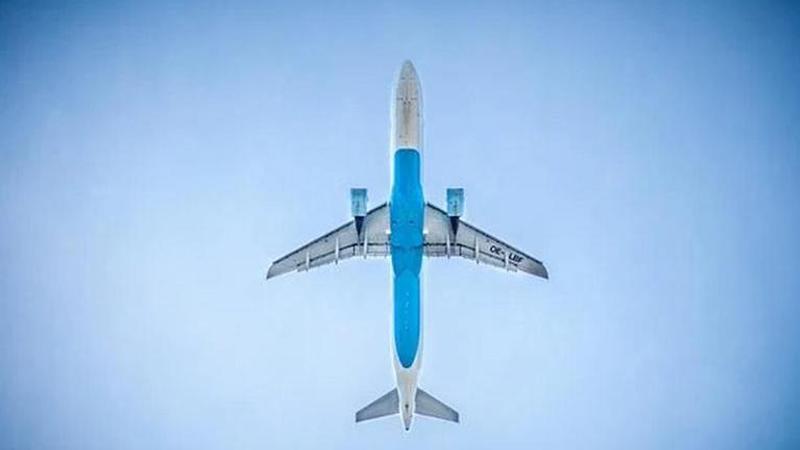Published 22:14 IST, September 30th 2020
FAA chief will test changes to Boeing's grounded 737 Max
The head of the Federal Aviation Administration is scheduled to test-fly Boeing’s revamped 737 Max jetliner on Wednesday as his agency considers whether to allow the plane to return to flight after two deadly crashes.

The head of the Federal Aviation Administration is scheduled to test-fly Boeing’s revamped 737 Max jetliner on Wednesday as his agency considers whether to allow the plane to return to flight after two deadly crashes.
FAA Administrator Stephen Dickson, a pilot who flew for the military and Delta Air Lines, was expected to sit in the captain’s seat during a two-hour flight. An FAA spokesman said Boeing pilots would also be on the plane when it takes off from the former Boeing Field in the Seattle area.
The Max has been grounded since March 2019, after the second crash. Both crashes have been blamed on an automated anti-stall system that pushed the noses of the planes down based on faulty readings from sensors. Boeing hopes to win FAA approval later this year for changes it has made to flight-control software and computers.
In Washington, the House Transportation Committee approved legislation to change the way the FAA certifies new planes, including the agency’s reliance on employees of Boeing and other aircraft makers to perform key safety analysis.
The bill would not eliminate the FAA’s use of private-sector employees to review their own companies’ planes – lawmakers believe it would be too expensive for FAA to do the work, and that the aerospace companies have more technical expertise. Instead, the bill would give FAA approval over picking private-sector employees who perform safety analysis and allow civil penalties for companies that interfere with their work. Boeing whistleblowers complained of pressure to approve systems on the Max.
The bill would also require plane manufacturers to tell the FAA, airlines and pilots about automated systems that can alter a plane’s path. Top FAA officials and most pilots did not know about the anti-stall system on the Max, called MCAS, until after the first crash, in October 2018 in Indonesia. Less than five months later, another Max crashed in Ethiopia. In all, 346 people died.
“Those crashes were the inevitable culmination of stunning acts of omissions within Boeing and the Federal Aviation Administration,” said committee Chairman Peter DeFazio, D-Ore.
Rep. Garret Graves, R-La., a staunch defender of the FAA, said the agency represents “the gold standard” in aviation regulation but the crashes show the need for improvement.
The committee approved the bill by what appeared to be a unanimous voice vote. Rep. Paul Mitchell, R-Mich., left the meeting after complaining that lawmakers had only one day to read the bill, which he called an “absurd” rush for such a complex, technical subject.
The measure, based on recommendations from U.S. and international regulators and safety investigators, goes next to the full Senate. Its fate is uncertain, however, because Congress is rushing to adjourn so that lawmakers can go home and campaign for re-election.
(Image Credit Pixabay)
Updated 22:14 IST, September 30th 2020




